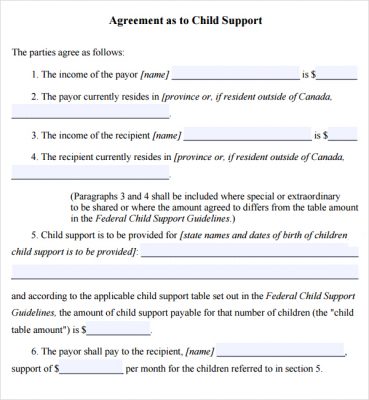Couples who cohabit could mention many reasons for not getting married. Some will say that you do not need a “piece of paper” to prove that you love them and that there is a compromise between the two. Others choose to live together without marrying to avoid the entanglements of legal that arise when the relationship ends. Couples who base their decision on this latter point should be borne in mind that, while the relationships in fact are dissolved in a very simple way, that is not always the case.
The case of Lee and Michelle Triola Marvin is perhaps the most notorious example of the swamp legal in the that you can immerse yourself in a cohabiting couple when their relationship comes to an end. Lee Marvin, the famous actor, and his partner, Michelle, they lived together for several years before separating. When they did, Michelle demanded his right to livelihood and an equitable division of property acquired during the relationship, but the actor did not agree.
Michelle said that she and Lee had an oral agreement that stipulated that, during the cohabitation, “they would combine efforts and earnings, and assets accumulated product of these efforts and gains (whether individual or joint) would be shared equally”. According to Michelle, the agreement also stipulated that their contributions would be in the form of services, such as “companion, homemaker, housekeeper and cook”. Michelle sought help in the courts of California to comply with the alleged oral agreement, so she had a right to half of the properties that the couple had acquired.
The first court that he understood about the cause ruled in favor of Lee Marvin. However, Michelle appealed and the court of appeals agreed with her, at least in theory. Concluded that adults who live together are just as competent as any other individual to make contracts on its earnings or property. The fact that a contract is not in writing is not what makes it unenforceable. The court stated that to be respected even contracts implied.
Once the court determined that an implied contract related to the property rights of the cohabitants is also required, considered, in a separate process, whether or not there was a valid contract in the particular case. The court, again on appeal, concluded that Lee Marvin had not agreed to keep to Michelle or to share their goods with it and, therefore, she was not entitled to “alimony”.
Although it would appear that Lee Marvin came out victorious in this case, that freedom cost him more than five years of litigation and much expense of money, time and emotional energy. If the court had found an oral agreement, the result would have been even more expensive to Lee Marvin, but possibly more fair to your co-habitant.
There is a lesson to learn from this story. Perhaps the best way to avoid the type of situation that faced the Marvin is to reach an agreement of cohabitation before moving in together. The agreement may establish the mandatory expectations of the parties, such that one of the parties does not end with a financial burden not anticipated or, on the other hand, that the party who has promised to support the livelihood of future can require the fulfillment of that promise. A specialized lawyer can help you write an agreement of coexistence, which protect their rights and interests and can advise you on how to deal with the issues of money and property so that you can maintain their rights.
Cohabitation: How to get the help of an attorney
If you are living with your partner and/or thinking of getting married, a lawyer specializing in family law can help you with a fair representation of the parties in the process. Your attorney will work to obtain the best possible result. The first step is to find a lawyer specializing in family law in your area.









